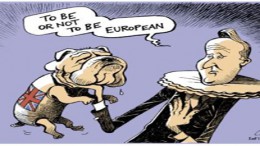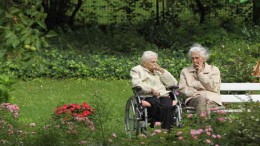How Weidmann confounded currency market investors
LONDON- THE WEEK THAT WAS | By Victor Jiménez | Did Bundesbank president Jens Weidmann just had a Mario Draghi-like moment? In July 2012, while bets against the survival of the Eurozone community of countries remaining whole piled up to stress levels that presaged a self-fulfilling prophesy, the president of the European Central Bank (ECB), Mario Draghi, let go in his now famous London speech a “we’ll do whatever it takes” to protect the common currency whose deterrent consequences have rippled to today: we might be messy, the message conveyed by Draghi came to mean in the British City and Wall Street, but we know how to make the anti-euro speculative bubble burst; and it is an easy thing to do.



